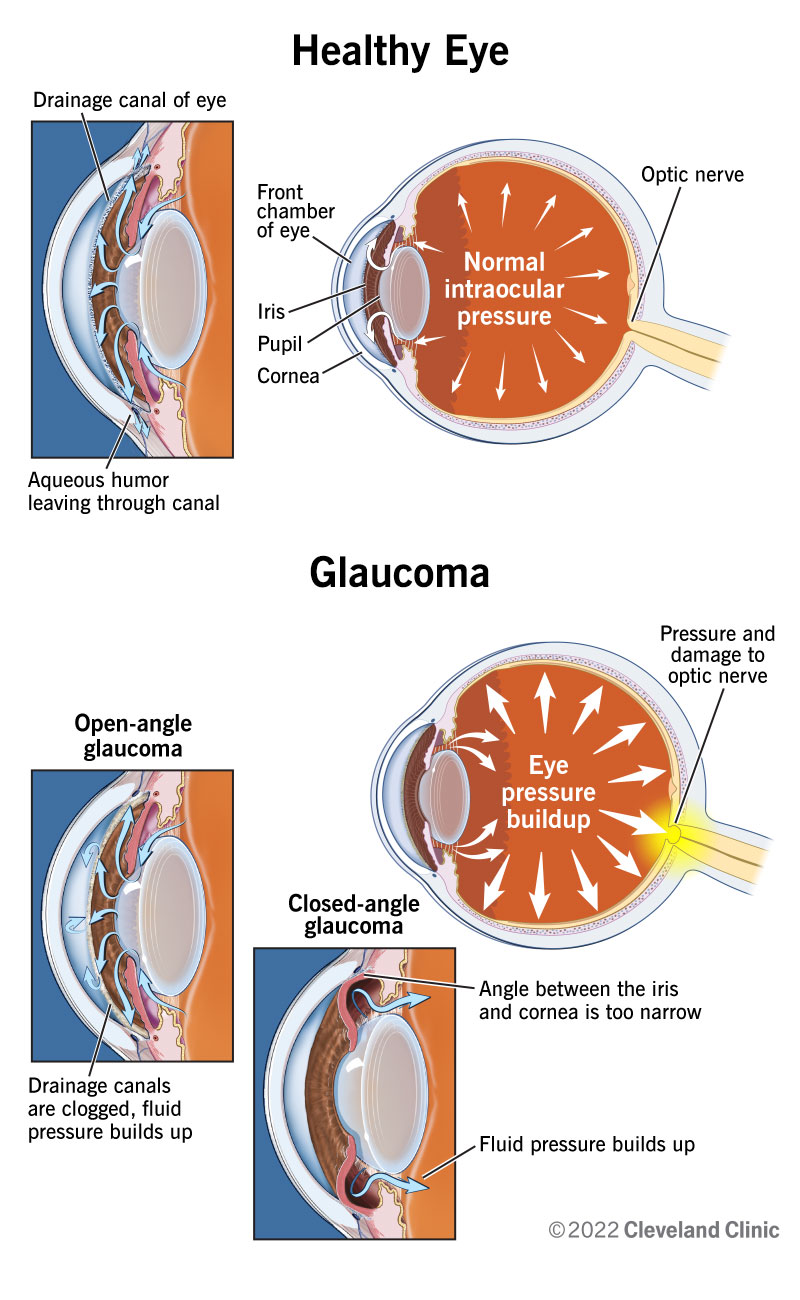A 70-year-old patient presents with complaints of visual disturbances. Upon assessment, the patient reports experiencing difficulty reading, seeing faces clearly, and needing more light when performing tasks. What is the most likely clinical manifestation of macular degeneration?
Night blindness
Central vision loss
Peripheral vision loss
Double vision
The Correct Answer is B
Choice A Reason:
Night blindness, or difficulty seeing in low light, is not a primary symptom of macular degeneration. This condition primarily affects the macula, the central part of the retina responsible for sharp, central vision. Night blindness is more commonly associated with conditions like retinitis pigmentosa or vitamin A deficiency.
Choice B Reason:
Central vision loss is the hallmark of macular degeneration. This condition leads to the deterioration of the macula, causing blurred or lost central vision while peripheral vision remains intact. Patients often report difficulty reading, recognizing faces, and performing tasks that require fine visual detail3.
Choice C Reason:
Peripheral vision loss is not typically associated with macular degeneration. This condition affects the central part of the retina, leaving peripheral vision largely unaffected. Peripheral vision loss is more commonly seen in conditions like glaucoma.
Choice D Reason:
Double vision, or diplopia, is not a characteristic symptom of macular degeneration. This condition affects the clarity of central vision but does not typically cause double vision. Double vision can result from issues with the eye muscles or nerves, such as in cases of strabismus or cranial nerve palsies.
Nursing Test Bank
Naxlex Comprehensive Predictor Exams
Related Questions
Correct Answer is A
Explanation
Choice A Reason:
Administering propranolol intravenously is the most appropriate initial intervention for managing a thyroid storm. Thyroid storm is a life-threatening condition characterized by severe hyperthyroidism, leading to symptoms such as tachycardia, hypertension, and hyperthermia. Propranolol, a non-selective beta-blocker, helps control these symptoms by reducing heart rate and blood pressure. Additionally, propranolol inhibits the peripheral conversion of T4 to T3, the more active form of thyroid hormone, thereby reducing the overall thyroid hormone activity. This makes it a critical first step in stabilizing the patient.
Choice B Reason:
Administering dextrose 50% intravenously is not the most appropriate initial intervention for thyroid storm. Dextrose 50% is typically used to treat severe hypoglycemia by rapidly increasing blood glucose levels. While maintaining adequate glucose levels is important, it does not address the primary issue of excessive thyroid hormone activity in thyroid storm.
Choice C Reason:
Administering levothyroxine orally is inappropriate in the context of thyroid storm. Levothyroxine is a synthetic form of T4 used to treat hypothyroidism, not hyperthyroidism. Administering it in a thyroid storm would exacerbate the condition by increasing the levels of thyroid hormone in the body.
Choice D Reason:
Administering insulin to control hyperglycemia is not the primary intervention for thyroid storm. While hyperglycemia can occur in thyroid storm due to increased metabolic activity, the immediate priority is to control the excessive thyroid hormone activity. Insulin administration would be secondary to stabilizing the patient’s thyroid function.
Correct Answer is C
Explanation
Choice A Reason:
The statement “If I forget to take my eye drops, I should wait until the next time they are due” is incorrect. For chronic open-angle glaucoma, it is important to take eye drops as prescribed to maintain consistent intraocular pressure control. If a dose is missed, the patient should take it as soon as they remember, unless it is almost time for the next dose. Skipping doses can lead to fluctuations in eye pressure, which can worsen the condition.
Choice B Reason:
The statement “Every two years I will need to have my vision checked by an eye doctor” is not accurate. Patients with chronic open-angle glaucoma typically need more frequent monitoring, often every 3 to 6 months, depending on the severity of the condition and the stability of their intraocular pressure. Regular check-ups are crucial for adjusting treatment and preventing vision loss.
Choice C Reason:
The statement “I should call the clinic before taking any over-the-counter medications” indicates an understanding of the teaching. Some over-the-counter medications can affect intraocular pressure or interact with glaucoma medications. Consulting with a healthcare provider before taking new medications helps ensure that they do not interfere with glaucoma management.
Choice D Reason:
The statement “When my vision improves, I will be able to stop taking the eye drops” is incorrect. Glaucoma is a chronic condition that requires ongoing treatment to manage intraocular pressure and prevent further damage to the optic nerve. Stopping medication can lead to a rapid increase in eye pressure and potential vision loss.

Whether you are a student looking to ace your exams or a practicing nurse seeking to enhance your expertise , our nursing education contents will empower you with the confidence and competence to make a difference in the lives of patients and become a respected leader in the healthcare field.
Visit Naxlex, invest in your future and unlock endless possibilities with our unparalleled nursing education contents today
Report Wrong Answer on the Current Question
Do you disagree with the answer? If yes, what is your expected answer? Explain.
Kindly be descriptive with the issue you are facing.
